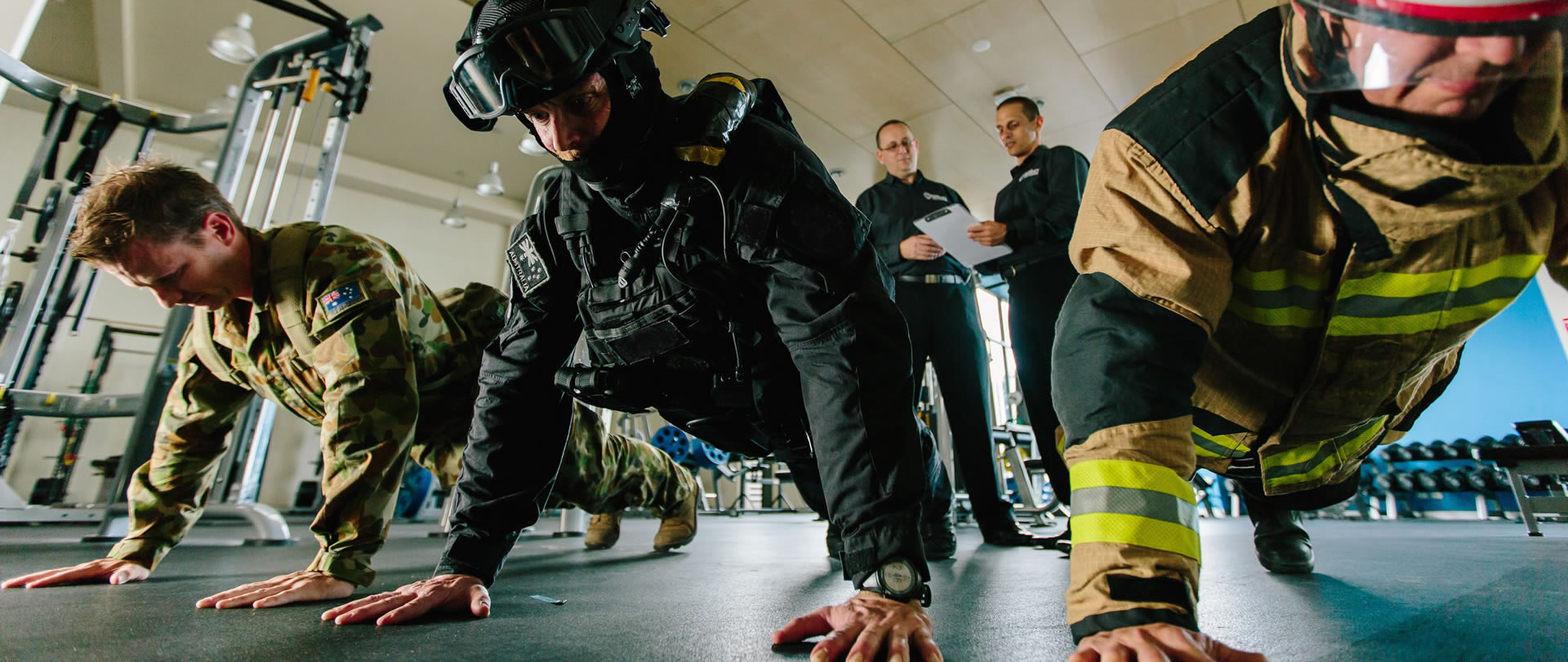The TRU Team
The TRU team is composed of well-regarded, experienced and expert researchers, practitioners and educators.
Most of our key staff have first-hand experience in the tactical environment having served in, or with, Defence, law enforcement or fire and rescue.
Our national and international collaborators have diverse qualifications, skill sets and service history, proving the TRU the capacity to provide expert services across an array of tactical topics.
Staff
TRU Staff
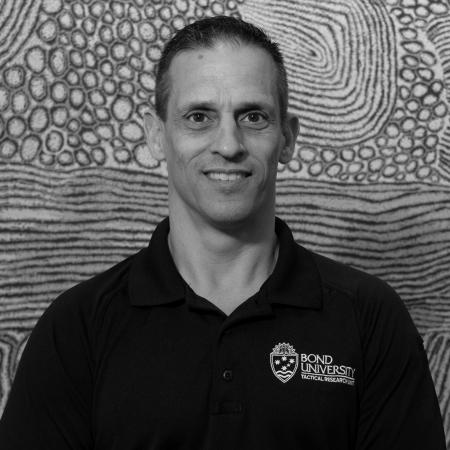
Dr Rob Orr
Director, Dr Rob Orr, leads the team and brings over 30 years of military experience to the TRU, having served in the Australian Regular Army for over two decades as an infantry soldier, physical training instructor, physiotherapist, and human performance officer and now serving in the Army Reserves. Joining Bond University in 2012, his fields of research, consultancy, and education provision spans physical conditioning, reconditioning, rehabilitation and injury prevention for military, law enforcement and protective services across their occupational lifespan (initial trainee to specialist).
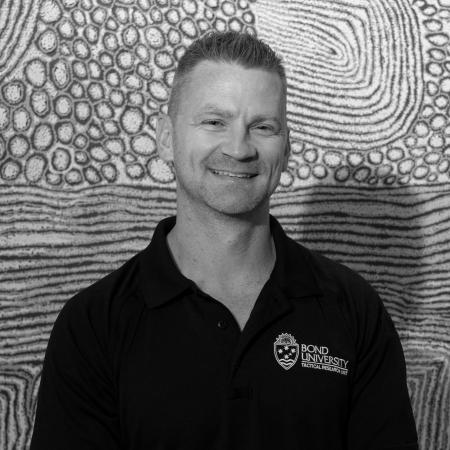
Dr Ben Schram
Dr Schram has a Bachelor of Exercise Science, Doctor of Physiotherapy and a PhD and is currently employed as an Assistant Professor at Bond University. He is the research and data coordinator for the Tactical Research Unit, where he conducts research with the military, police, and firefighters with a focus on injury identification and reduction strategies, validation of fitness standards, determining the physical demands of tactical occupations and ways to maximise performance within this population. He has been successful in obtaining almost $2 million dollars in research funding in a variety of tactical projects and has worked clinically as a physiotherapist for eight years.
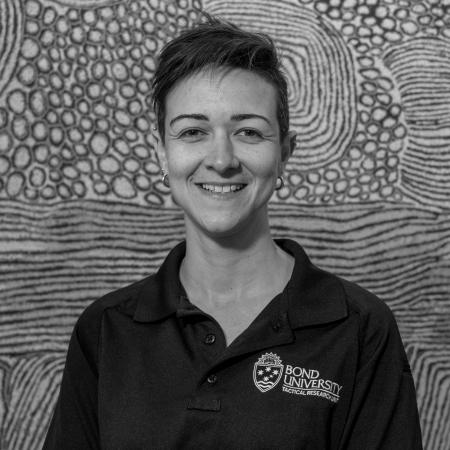
Dr Elisa Canetti
Dr. Canetti is a physiotherapist trained in Brazil with a master’s degree in high-performance science and a doctorate degree (Ph.D.) in exercise immunology and iron metabolism. Dr. Canetti joined the Tactical Research Unit as the general research project manager ensuring coordination of activities, providing high-level project support, and research expertise. Dr. Canetti has over 5 years’ experience teaching across multiple degrees at Bond University and is an experienced researcher in musculoskeletal conditions.
Post Doctoral Research Fellows
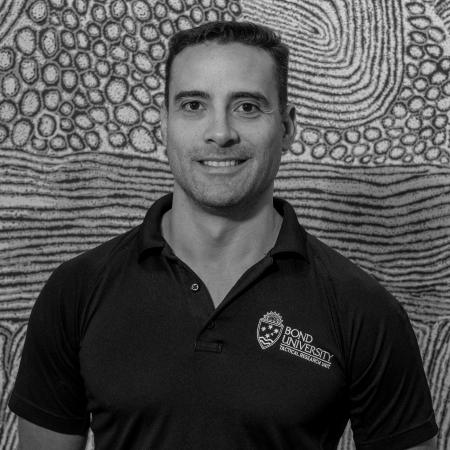
Dr Vinicius Simas
Dr. Simas is a Sport and Exercise Physician, with clinical experience in injury prevention and rehabilitation, sports performance, and cardiopulmonary rehabilitation. He is a former member of the Brazilian Army Medical Corps, where he served as a cavalry lieutenant. Since 2015, Dr. Simas has been working in research and teaching at Bond University, where he completed his Ph.D. in Sport and Exercise Science. Dr. Simas has a strong passion for clinical and functional anatomy, focusing on the prevention of injuries and chronic diseases. He joined the TRU in 2020 as a Post-Doctoral Research Fellow.
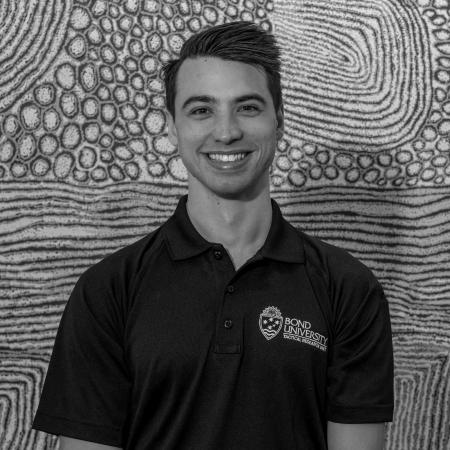
Dr Patrick Campbell
Dr. Campbell completed his Ph.D. in Sports Science at the Queensland University of Technology, where he concurrently taught subjects pertaining to Exercise Physiology, Sport and Exercise Science, and Research & Data Analysis. Dr. Campbell comes from a background in managing the physical preparation in a variety of sports and populations in high-level athletes. He has now joined the TRU as a Postdoctoral Research Fellow and has a strong passion for investigating factors relating to human performance, injury risk factors, and injury prevention.
Adjuncts

Dr Rodney Pope
Dr Rod Pope is currently a Professor of Physiotherapy at Charles Sturt University, an Honorary Adjunct Professor at Bond University and co-leads the Tactical Research Unit headquartered at Bond University. Rod provided clinical physiotherapy, rehabilitation, and injury prevention services at the Australian Army Recruit Training Centre for 10 years before establishing and leading the Australian Defence Injury Prevention Program 2000-2006, at the request of the Defence Health Service Branch. In this role, he worked closely with Defence health staff, commanders and senior Physical Training Instructors to address injury risks for ADF personnel and optimize physical aspects of training practices. As part of this work and more recently in his university roles and work with the Tactical Research Unit, Rod has conducted and supervised wide ranging research and consultancy projects on preventing injuries and enhancing performance during physical activity in numerous tactical training and operational contexts.
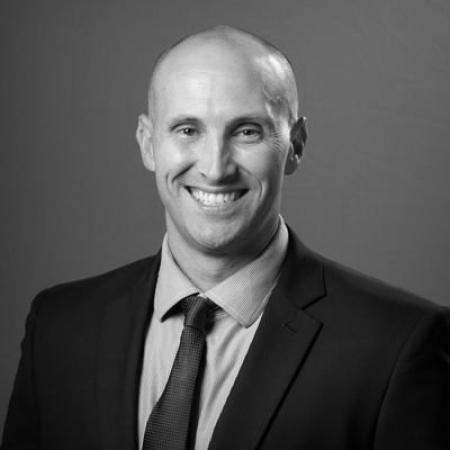
Dr Jay Dawes
Dr Jay Dawes is an Assistant Professor of Strength and Conditioning at the Oklahoma State University. Jay has worked as a strength/performance coach, personal trainer, educator and post-rehabilitation specialist for over 15 years, and continues to act as a performance consultant for law enforcement officers, a wide-variety of athletes, and those in physically demanding occupations. He is certified by the National Strength and Conditioning Association (NSCA), the American College of Sports Medicine, and the Australian Strength and Conditioning Association as a Level 2 S &C coach. Jay’s dedication and work led to recognition as a Fellow of the NSCA (FNSCA) in 2009. With multiple publications in law enforcement, Jay’s work has spanned from the initial officer recruit to Special Weapons and Tactics Teams.
Dr Robert Lockie
Dr. Robert Lockie is an Assistant Professor in Strength and Conditioning (S&C) at California State University, Fullerton. He obtained his undergraduate and Honors degrees in Human Movement from the University of Technology, Sydney (UTS). Dr. Lockie also completed his PhD at UTS, within research that analyzed the sprint technique and strength and power capacities of field sport athletes. He previously worked at the University of Newcastle as a Biomechanics lecturer, and an Assistant Professor in Biomechanics and S&C at California State University, Northridge. Dr. Lockie has research interests in speed and agility, strength training, and sports performance. More recently, Dr. Lockie has conducted research in the field of tactical S&C. This involves work with: first responders (law enforcement, firefighters), correctional, and military populations. This research has focused on performance aspects of tactical populations as it relates to academy survivability and job-specific tasks, in addition to injury prevention and career longevity.
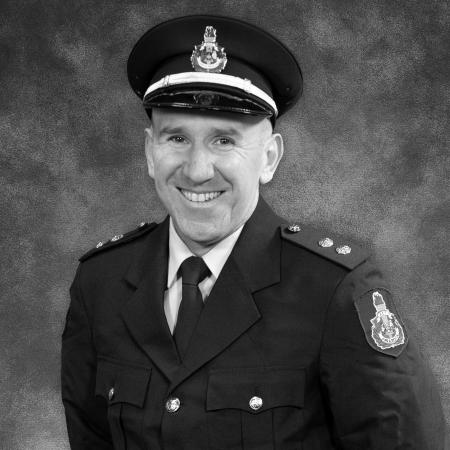
Dr Anthony Walker
The TRU has welcomed their new Adjunct, Dr Anthony Walker from ACT Fire & Rescue to the team. With over 15 years operational experience, Anthony is currently the Director of Health and Fitness for the ACT Emergency Services Agency (ACT ESA) and is tasked with developing an agency wide health and fitness program covering both paid and volunteer services. Anthony completed his PhD on “maximising the safety and performance of urban firefighters working in the heat” and has worked with agencies worldwide to develop policies and practices aimed at maximizing the performance of tactical personnel operating in extreme environments. Several research projects, including the funding of a PhD student by ACT ESA and co supervised by Dr Walker, are in the works.
Higher Degree Research Students
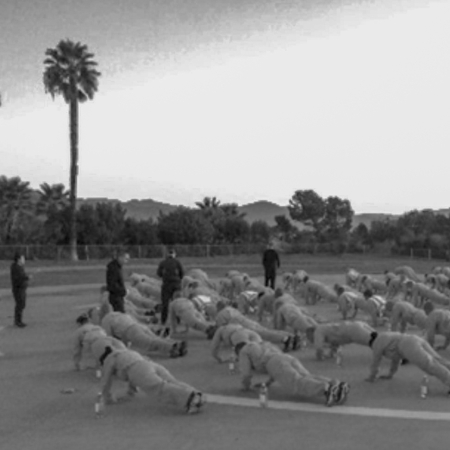
Joseph Dulla

Optimizing the Training Outcomes of Law Enforcement Recruits Though Provision of an Evidence-Based Physical Training Approach.
The aim of this program of research is to optimize the training outcomes of Law Enforcement recruits though provision of an evidence-based physical training approach. Given the concerns raised in regard to a diminishing pool of available recruits entering law enforcement, lower levels of fitness of those entering (which increases injury and attrition risk), unstandardised and non-individualised physical training approaches, there is an extreme need for optimised, efficient, and evidence - based physical training programs to be develop that, not only prepare United States Law Enforcement academy recruits for the physical demands of the role, but also ensures that recruits complete training safely to enter service as LE officers.
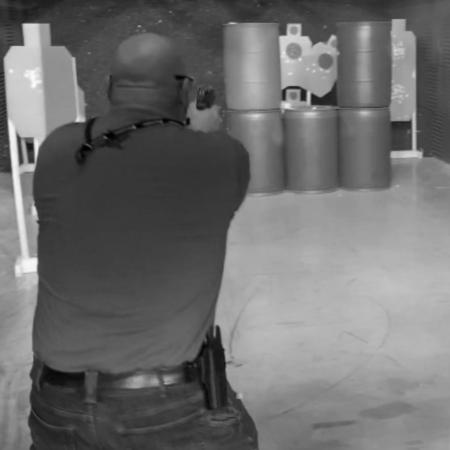
Mark Stephenson

Tactical Performance Under Stress: Understanding the effects of the Autonomic Nervous System during Simulated Police task.
This research will examine the affects that acute stress has on tactical performance. Research will assess the psychophysiology (EEG, ECG, HRV, HR, BR, etc.) of police officers while executing tactical skills and tasks (e.g., marksmanship, use of force, tactical decision-making, threat de-escalation) under high pressure and threat. The research will also explore various methods to manipulate the psychophysiology while under threat.
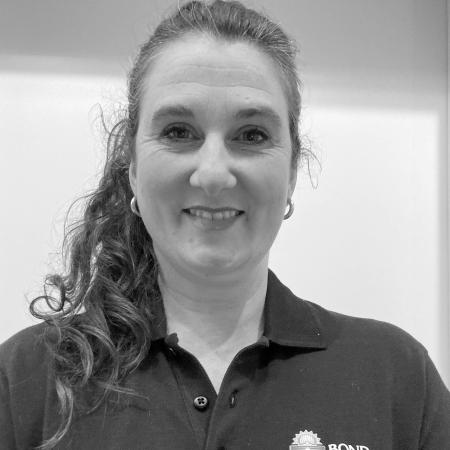
Sandra Adiarte

Eyes on the Target: Assessing and Training Tactical Personnel in Threat Assessment via Structured Behaviour Observation.
This program of research will apply an interdisciplinary and mixed method approach assessing the training and investigating the practices of behaviour and observation-based threat assessment via human observers in law enforcement and military personnel. International experts will be interviewed to account for practice-based and field-oriented research. The aim is to investigate the chances and challenges of using structured behaviour observation, to mitigate risks with competency, when facing impending violent behaviour and acute threats while on duty.
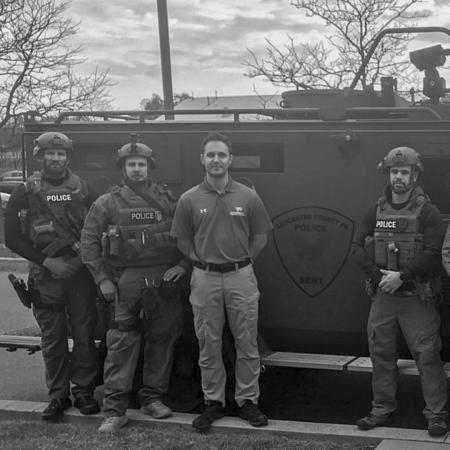
Colin Tomes

Thesis title: Integrating Heart Rate Variability into Specialist Police Training.
Specialist Police are subject to extraordinary demands in both their missions and training. Much like professional athletes, these individuals may suffer injuries or ill health from the rigor of their jobs. Colin's research aims to bring the measurement of heart rate variability, or HRV, to police and military units. HRV, while simple to measure, is a powerful window into the complex mechanisms regulating the brain and heart, and how the body responds to physical and mental stress.
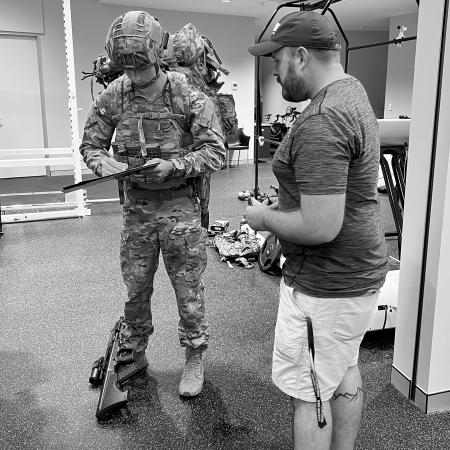
Dustin Kidd

Public and Police officer perceptions on different clothing and equipment configurations.
This aim of this program of research is to investigate the impacts of various body armour and equipment configurations (including overt versus covert systems). In addition, the work will seek to gain insights into both public and police officer perception on the aesthetics of different various body armour and equipment configurations.
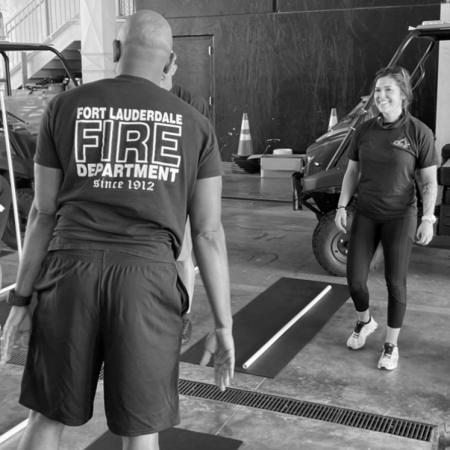
Whitney Tramel

Examining objective and subjective measures of physiological stress in tactical personnel in stressful environments and tasks.
Tactical personnel are exposed to a number of high stress situations and environments throughout the course of their career, ranging from daily operational demands to environmental extremes and intense physical stimuli. Additionally, operators often face challenges with high psychological demands. The operator’s long-term health and resilience are dependent upon their ability to tolerate these demands and respond to stressors over time. This demonstrates a need for monitoring stress measures faced by tactical operators to perform optimally.
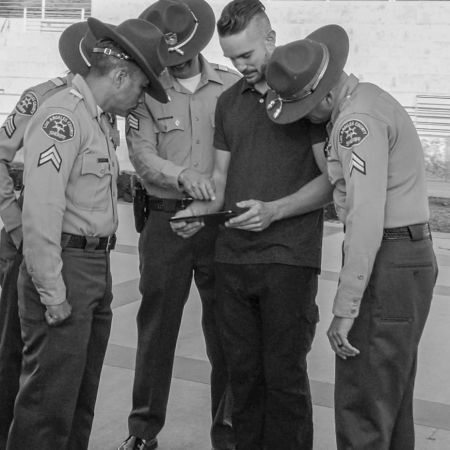
Danny Maupin

Tracking Training Load in Tactical Populations.
Tactical populations often utilise periods of training, such as academies or boot camps, to teach necessary skills and develop physical fitness. These training periods are mentally and physically demanding, leading to high rates of injuries in recruits. This program of research aims to examine how optimal workloads during police academies can reduce injury risk while still developing fitness.
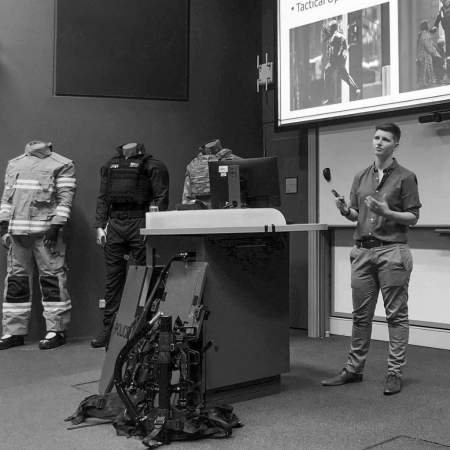
Kate Lyons

Profiling Musculoskeletal Injuries in Army Basic Training.
This program of research aims to determine the current profile of musculoskeletal injuries that occur during Army Basic Training. After determining the current profile of injuries, the aim is to then examine the relationship between fatigue, wellness, and musculoskeletal injury for both recruits and recruit instructors. This will be done through the collection and analysis of vertical jump and grip strength measures throughout the training period, alongside wellness questionnaires similar to that used in elite sport.
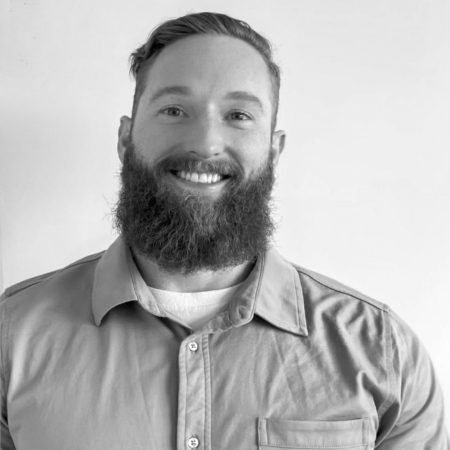
Graham Marvin

Predicting job performance by measuring fatigue levels in emergency services.
This project aims to identify factors that contribute to fatigue both mentally and physically. Once identified, how fatigue levels are measured and whether they can be used to predict the ability of personnel to maintain safe work habits will be determined. The end state of this research is aimed at informing work and rest ratio planning, training load optimization and injury reduction strategies.
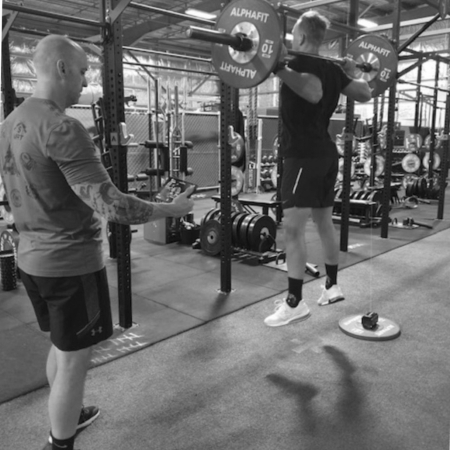
Jeremy Robinson

Developing an occupationally-relevant physical fitness assessment for Specialist Tactical Response police officers.
The aim of this program of research is to develop and validate an occupationally- relevant fitness assessment framework for Specialist Tactical Response police officers. Current assessments under review include the anaerobic, repeated-effort, Urban Rush and longer distance pack marches, all with full occupational and role- relevant loads.
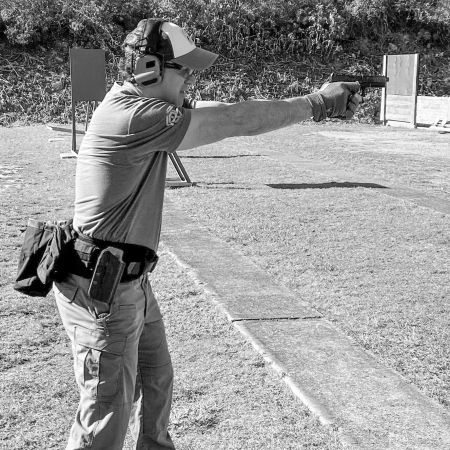
Nathan Andrews

Can competence achievability in Law Enforcement firearms training and assessment be defined and predicted.
This research will examine key elements of Law Enforcement Use of Force training and assessing, including the methodology used by Law Enforcement organisations to determine the appropriate Use of Force standards used to determine member competency. Research will also look to develop an innovative protocol for determining Use of Force psychomotor skill complexity, to examine the impact complexity has on skill assimilation, retention and decay, and the frequency of in-service training requirements.
Spacing
Prospectus
Let us help you with your next project.
